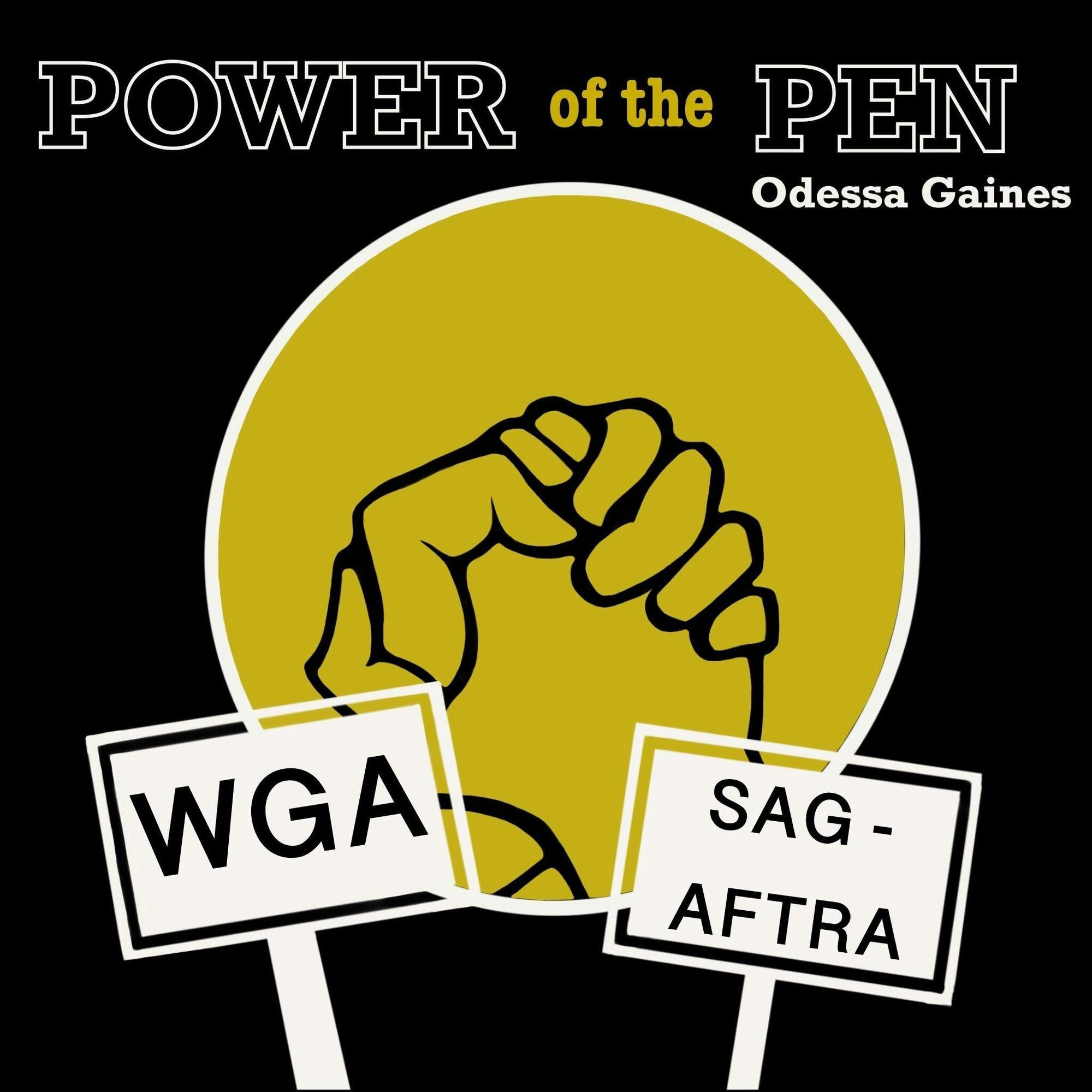One fun fact about myself: I love to write. Maybe that’s not a surprise considering this is an article for my weekly column — but it’s true. Novels, short stories, articles — I love to write them all. And recently, I have started to fall in love with writing for film, partially because of this column and partially because of my screenwriting class.
And the more and more I realize how much I enjoy this, the more and more I think about how difficult it is to make it in the screenwriting business.
Being a screenwriter is not for the faint of heart. At most, estimates say that 20% of all screenwriters make it. And of those 20%, few can get their scripts developed in ways that are true to them. The recent strikes have only compounded this issue.
Despite it being an older film, my screenwriting class found it important to watch the Daniel Snyder documentary “Dreams on Spec” (2007). This documentary follows three struggling Hollywood screenwriters as they work to break into the industry and have their work developed for the big screen. The film highlights not only how difficult it is to make it in this industry and how much work goes into creating a script for film, but also the many compromises screenwriters often have to make when getting their spec scripts developed.
Of the three screenwriters, only one makes it — David Stieve, who is a younger talent agent’s assistant. The downside, however, is that even though his script, “Behind the Mask,” is picked up by Hollywood to be developed — and later turned into a trilogy — he must compromise greatly on important aspects of his story and writing. Conflict arises when director Scott Glosserman makes script changes Stieve does not believe in and later takes on the accreditation of co-writer. At the end of it all, Stieve has “made it” as a screenwriter, but at the expense of his storytelling.
On the other side, we have Deborah Goodwin, who aspires to write and direct a feature film. However, as she and her small company attempt to get a film off the ground, she struggles to pay her bills and get a side job. As several jobs and offers fall through, Deborah decides to leave the film.
Joe Aaron, the third screenwriter, has been working on one script for three years between working as a stock trader and caring for his family. Joe, convinced he is writing the next great American screenplay, sacrifices time with his wife and autistic daughter as he dedicates more and more time to his script rewrites.
Despite their best efforts, both their films have been lost to the wind and never developed. So why is it that so many aspire to be screenwriters, yet so few ever succeed?
Well, screenwriter Paul Guay gave his opinion in this film, stating, “The thing that separates more successful actors from less successful actors … is the perseverance.”
Time and effort must be committed in order to have the chance to make it as a writer, but even at that point, it may not happen. Even with industry connections, a strong work ethic and a great script, there is always the possibility you will not succeed or that your success is not a true reflection of your dreams.
And that’s simply because becoming a screenwriter is really f---ing hard.






